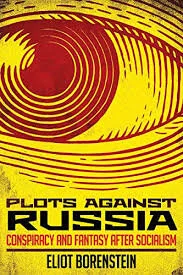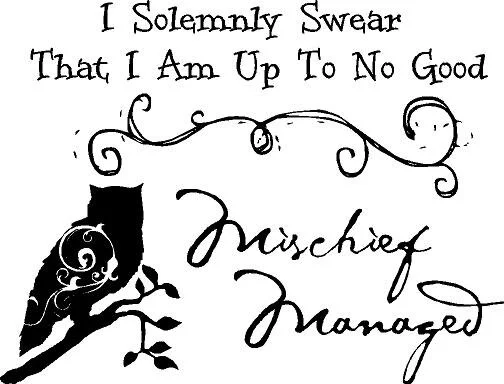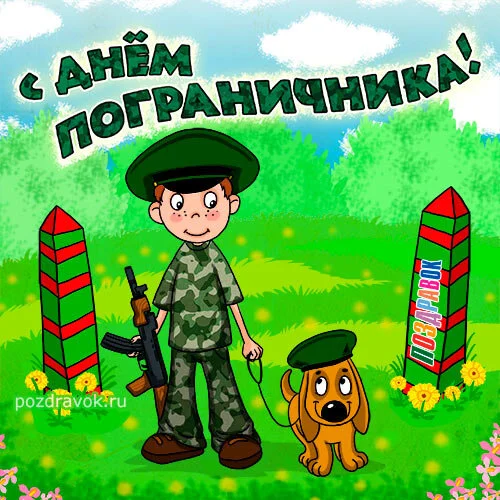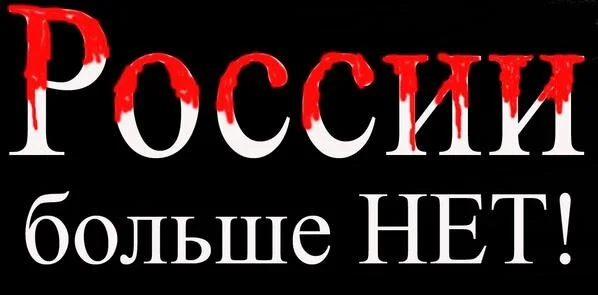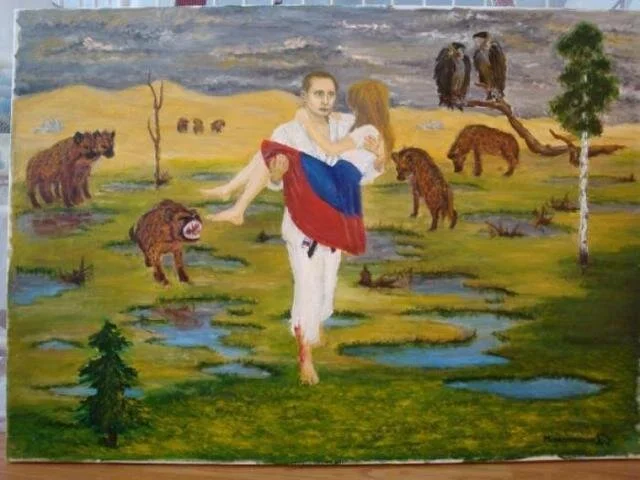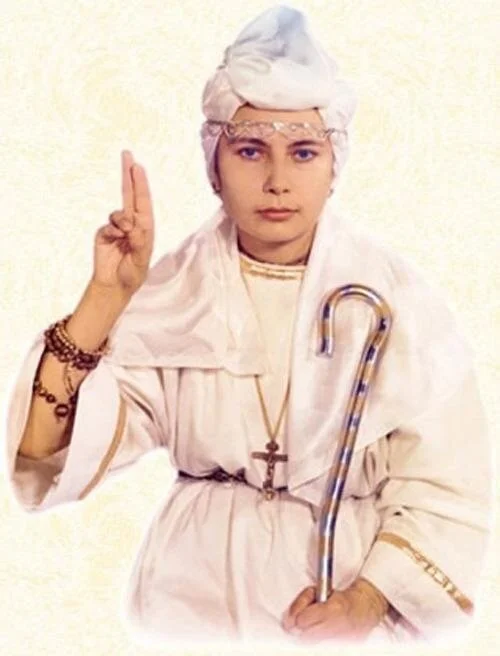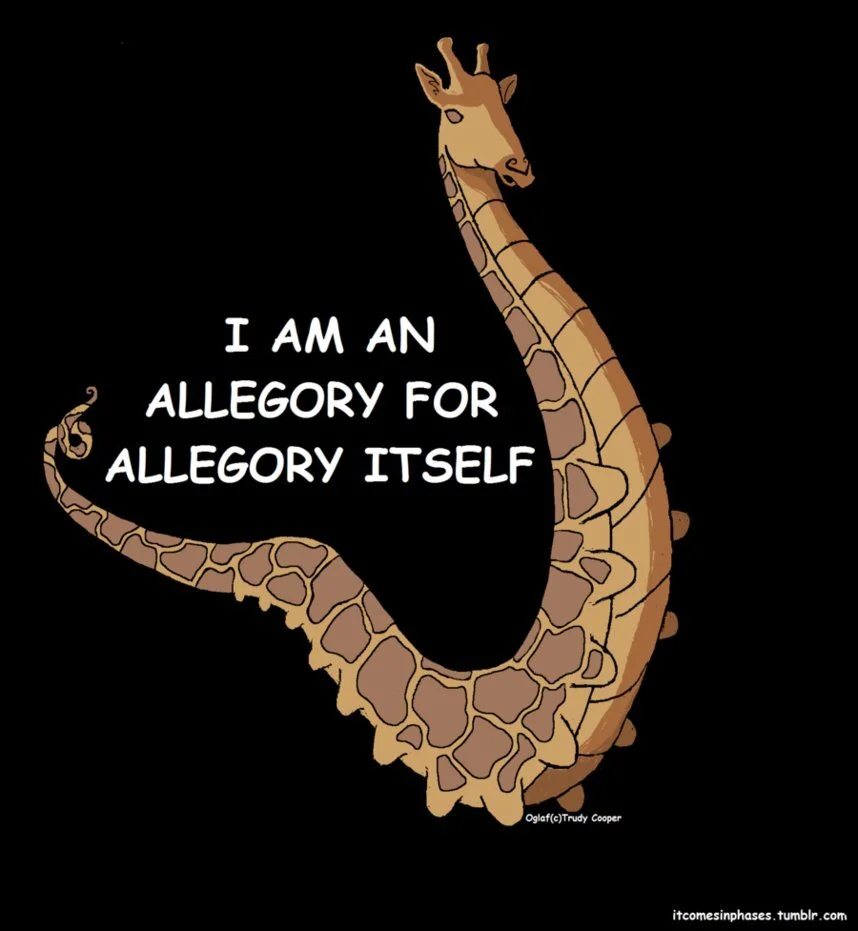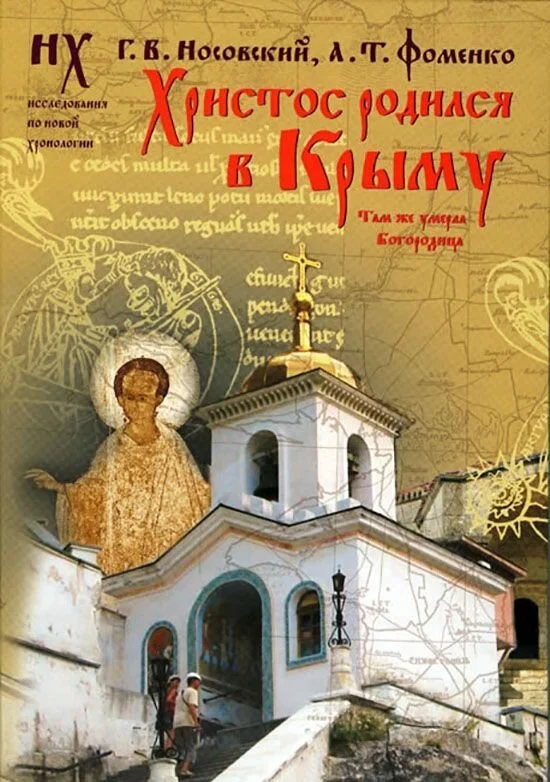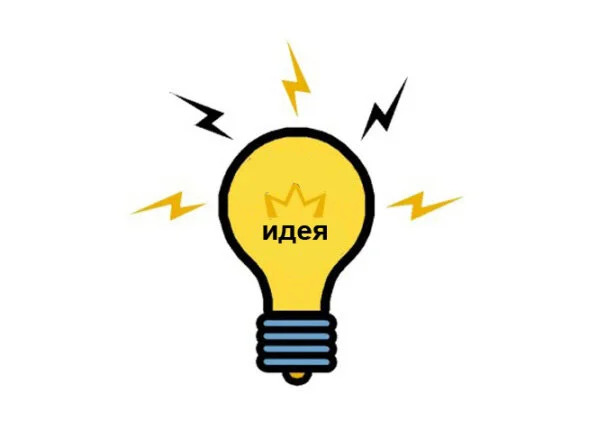
Plots against Russia
Conspiracy and Fantasy after Socialism
About this Project
The Plots against Russia blog was my first experiment with serializing a scholarly book as I was writing it. I started the blog on November 11, 2015, and posted the last entry on June 15, 2017. I leave it to my readers to decide how successful the experiment was in terms of quality, but it transformed the way I go about writing.
And I haven’t looked back. I serialized the first draft of Russia’s Alien Nations after that, and am now in the middle of Marvel in the 1970s.
The book came out in 2019, and the blog in its previous incarnation ran its course. As part of my consolidation of my various projects under one roof (this one), I ported the entries from the Introduction to the page you’re looking at now. The rest of the book is no longer available on-line.
If you want to read more, you can find the book at the Cornell University Press website and Amazon, as well as many other venues.
The book won the 2020 Wayne S. Vucinich prize for “most important contribution to Russian, Eurasian, and East European studies in any discipline of the humanities or social sciences” and the 2020 AATSEEL award for Best Book in Cultural Studies.
So far it has been reviewed by Birgit Beumers at Slavic Review, Alexei Golubev at H-Net, Emily Johnson at Slavic and East European Journal, Pavel Khazanov at The Russian Review, Amy Knight at TLS, and Louis Train at Lossi 36.
Mischief Managed
The story of ideology after the collapse of the Soviet Union is the story of conspiracy
What Not to Wear: Discarding the Emperor’s New Clothes
By the time Putin is elected to his third term, media figures had developed a reflexive response to any apparent manifestation of anti-government sentiment: “Кто за этим стоит?” (“Who is (really) behind this?).
Bare Sovereignty: Ideology’s Event Horizon
Orwellian power is pure biopower, ensured and enjoyed through its exertion on the bodies of the people. Bare sovereignty hardly needs the people at all.
Ten Years That Shook the World
The demonization of an entire decade is the temporal cornerstone of Putinism, and it is one that was so often prefigured during the 90s themselves that the period's rejection looks almost like a foregone conclusion
Praying for Reign
It was not enough for people to find meaning for themselves; meaning was only meaningful if it was for everybody.
Allegories of Re-Reading
The 1990s are commonly treated in terms of the absence of ideology (the idea of the idea), of a time of moral incoherence, but all of these are also a breakdown of allegorical thought.
Punch-Drunk History
Conspiracy is a ready answer to an eternal question: why are things so bad?
Huge Tracts of Land
The first, and perhaps most obvious, feature of the Russia narrative is that it places Russia squarely at the center of modern world history
Welcome to the Deserters of the Real
No actual poststructuralists were harmed in the making of this essay.
Epic Fail: Forging a Russian Past
Fomenko’s revisionism has roots going back to Soviet times (which, if we follow his mathematical contortions, probably took place during the first half of 2012).
Ideological Cosplay
Ideological tracts erase the difference between the conditional and the indicative, passing political fantasy off as a faithful description of Russia’s past, present, and possible future.
From Second World to Secondary World
The Russia narratives reprocess the primary world, producing an imaginary version that, unlike life, comes equipped with a user’s manual
Tales from the Cryptic
Debunking a fallacy is less a tool for persuasion than it is a rite of solidarity performed by and for the faithful.
Russia and Other Ideas
In 1992, I even met a woman whose name was “Idea.” Or, since we were on formal terms, “Idea, Daughter of George.”
Why Russia?
Is Russia truly unique in its government officials’ concern for the country’s image? Is Russian culture being dismissed as “paranoid?
Neither Seen Nor Heard
You can tell a lot about a community based on what it bothers to censor.
